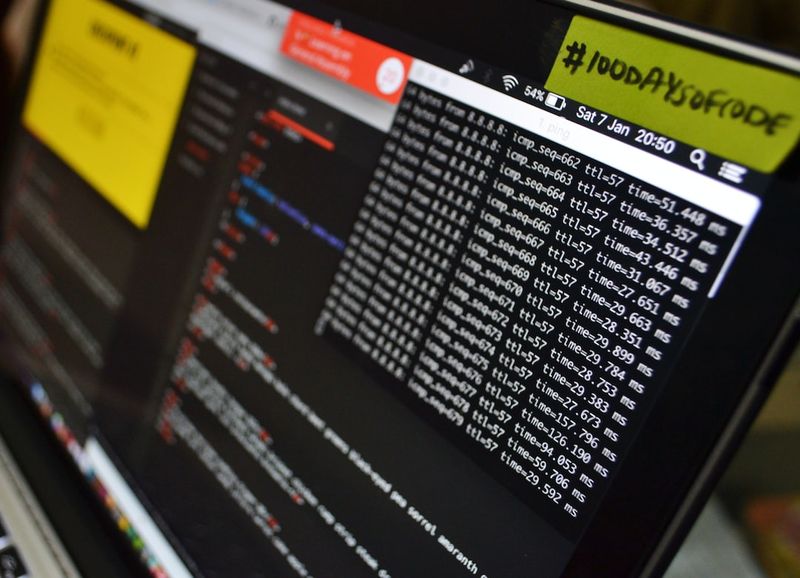Cybercrime: US and UK Sanction More Members of Russian Cybercrime Group Trickbot
Introduction
The United States and the United Kingdom have announced sanctions against 11 more alleged members of the Russian cybercrime group, Trickbot. This comes after the two countries previously sanctioned seven Russians for their alleged involvement in the Trickbot operation. The latest sanctions target individuals with key roles in the group, including central actors, administrators, testers, HR and finance managers, and coders.
The Impact of Sanction
As a result of these sanctions, the individuals’ assets can be frozen, and entities in the US and UK are prohibited from doing business with them. This move can significantly impact the group’s operations, particularly in terms of ransomware payments. The US government has also announced charges against nine individuals, including seven of the newly-sanctioned people, over the development of the Trickbot malware. Additionally, four individuals have been indicted for their role in Conti ransomware attacks, with each facing up to 25 years in prison.
Apprehending the Individuals
Apprehending these individuals may prove challenging given the current strained relations between the US and Russia. However, there have been cases in which Russian cybercriminals have been prosecuted in the US after traveling outside their country. This includes the developers of Trickbot. The US government has also been offering rewards of up to $10 million for information on Russian cybercriminals and individuals involved in state-sponsored operations.
About Trickbot
The Trickbot cybercrime group has been operational for approximately a decade, targeting millions of computers worldwide in financially-motivated operations. Their activities include ransomware attacks and targeting bank accounts. The US government has stated that the group has ties to Russian intelligence services. While Microsoft announced the takedown of Trickbot infrastructure in October 2020, subsequent warnings from CISA and the FBI suggest that the malware is still being distributed in attacks.
Editorial and Philosophical Discussion
The sanctions against members of the Trickbot cybercrime group reflect the ongoing efforts to combat cybercriminals and disrupt their operations. However, the efficacy of such measures in deterring cybercrime is a topic of debate. While sanctions may hinder the operations of specific individuals and groups, the ever-evolving nature of cybercrime makes it difficult to completely eradicate malicious activities.
The International Response to Cybercrime
Cybercrime is a global issue that requires international cooperation to effectively combat it. The sanctions imposed by the US and UK are significant steps in holding individuals accountable for their actions. Collaboration between governments, law enforcement agencies, and cybersecurity firms is crucial for identifying, tracking, and prosecuting cybercriminals.
The Challenges of Attribution
One of the primary challenges in combating cybercrime is attributing attacks to specific individuals or groups. The anonymous nature of the internet and the use of sophisticated techniques to obfuscate identities make it difficult to trace cybercriminals. However, advancements in cybersecurity and digital forensics are gradually improving the ability to identify and track malicious actors.
The Need for Stronger International Cybersecurity Frameworks
To effectively address cybercrime, there is a need for stronger international cybersecurity frameworks. This includes establishing norms, regulations, and agreements that outline acceptable behavior in cyberspace and provide mechanisms for enforcement. Additionally, countries should invest in cybersecurity capabilities, share threat intelligence, and enhance cooperation in investigating and prosecuting cybercriminals.
Protecting Against Cybercrime
While efforts to combat cybercrime continue, individuals and organizations must take steps to protect themselves against cyber threats. This includes implementing robust cybersecurity measures such as regularly updating software, using strong and unique passwords, and employing multi-factor authentication. Education and awareness about common cyber attack vectors, such as phishing and social engineering, are also essential in preventing successful attacks.
Conclusion
The sanctions imposed by the US and UK against members of the Trickbot cybercrime group are significant actions in the ongoing fight against cybercriminals. While the effectiveness of these measures may be debated, they demonstrate a commitment to holding individuals accountable for their malicious actions. International cooperation, the development of stronger cybersecurity frameworks, and individual vigilance are all crucial in combating cybercrime and creating a safer digital landscape.

<< photo by Lewis Kang’ethe Ngugi >>
The image is for illustrative purposes only and does not depict the actual situation.
You might want to read !
- Cybersecurity Breach: US Aeronautical Organization Falls Victim to Zoho and Fortinet Vulnerabilities
- North Korean Hackers Use Zero-Day Bug to Target Cybersecurity Researchers, Revealing Vulnerabilities
- The Rise of ‘Atomic macOS Stealer’: An Unveiling of the Malvertising Menace
- “Update Your iPhone Now: Apple’s Urgent Security Patch Shields Against Major Vulnerabilities”
- The Transatlantic Crackdown: US and UK Join Forces Against the Russian-Linked Trickbot Hacker Syndicate
- “The Rise of ‘Earth Estries’: Unveiling the Cyberespionage Threat Targeting Government and Tech Sectors”
- Unmasking the Web: Exposing the Elaborate Chinese ‘Spamouflage’ Network
- Apple Takes Urgent Action to Secure iPhones Amid Pegasus Spyware Breach
- Cyber Espionage Unveiled: Tracing North Korean APT’s Attack on Security Researchers
- The Rise of DDoSia: Exploring the Rapid Growth of a Russian Hacktivist Platform
- The Rise of Collective Cyber Espionage: Unprecedented Multi-Nation State Hackers Breach Aviation Organization
- China’s AI-Powered Propaganda Machine: A Disturbing Path to Viral Influence




